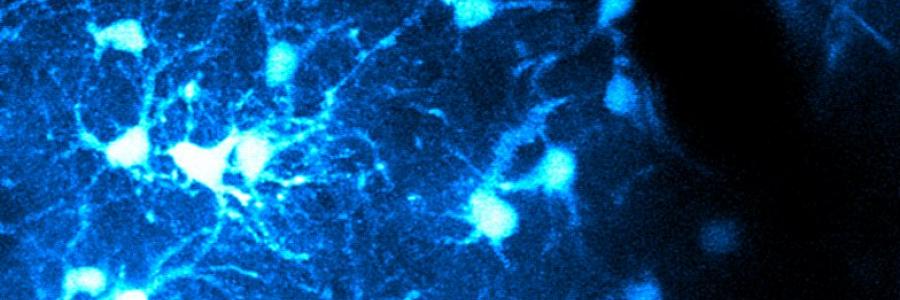
Causes and consequences of disturbed brain ion and water homeostasis in the white matter disease MLC
Rogier Min (Child Neurology, VUmc & Integrative Neurophysiology, VU) receives a Vidi grant from the Netherlands Organisation for Health Research and Development (ZonMW). This grant of 800,000 euros enables researchers to establish their innovative research line.

With the grant, Rogier and his team will study how a disturbed balance of salts and water in the brain leads to neurological diseases. Salts and water are crucial for electrical signaling in the brain. If the precise distribution of these two ingredients is disturbed this can disrupt brain function and cause chronic white matter swelling, with serious consequences. In the heritable white matter disease MLC (Megalencephalic Leukoencephalopathy with subcortical Cysts) the balance of salts and water in the brain is disrupted because of a defect in astrocytes, supportive brain cells. However, the exact role of astrocytes in the development of this disease is unclear. Rogier and his team will use advanced microscopy and electrophysiology techniques in mouse models for MLC to visualize astrocyte dysfunction in the intact brain, with the ultimate aim to find new openings for treatment.
Team website: http://cncr.nl/inf/research_teams/glial_pathophysiology/